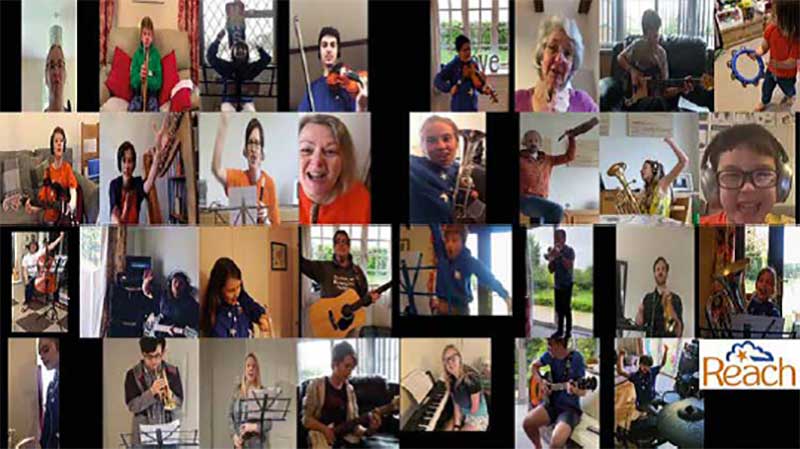|
The riots against police brutality in the US have got me thinking about the human need for friendship. I admit this may seem like a massive leap to make; after all, going down to the pub with a friend is a far cry from a potentially violent protest. But, for me, it emphasises the desire all humans have for contact with others who have similar experiences.
The killing of George Floyd and Brionna Taylor – the most famous cases this year – has brought the Black Lives Matter (BLM) movement into the headlines and highlighted ongoing racial prejudice. It has united thousands, if not millions, of people across the world who empathise with or who may have experienced, directly or indirectly, discrimination by the police merely for the colour of their skin. BLM isn't alone. Pride Month brings together millions of LGBTQ+ people in worldwide events where they can celebrate their sexuality and gender identity, share their experiences, and support others. These types of unifying groups are even found at a local level: think of mother and baby groups or local places of worship. However, such groups for disabled people are much harder to find. That isn't to say they aren't out there, but they're often small or less well advertised. As a result, disabled children, and maybe even adults, may never know another person with similar difficulties and, as a result, feel lonely and isolated. A 2019 study by the Office for National Statistics reported that disabled people were four times more likely to feel isolated "often or always." I didn't meet another hemiplegic person until I was in my early teens. (Admittedly, I went to a nursery with other disabled children, but since I was only two or three at the time, I have only the vaguest memories). Throughout my school years, I struggled with the knowledge that I was the only disabled child in attendance. Some of my teachers were left floundering because they had never considered the difficulties their lessons faced to a disabled child. Their solutions to activities I couldn't do (e.g. hockey, netball and music)? I was given permission not to do them. Ok…what am I going to do in the meantime? Homework, obviously! I was left alone, feeling ignored and bored witless. It would definitely have been comforting to know that I wasn't the only one out there battling a two-handed world. Yet I feel comforted knowing that disabled children do not need to experience this feeling. Through OHMI's incredible work (I'm allowed to be biased) many children have made friends with others who really understand what it's like to live with a disability. And through the OHMI Music-Makers scheme, they can enjoy making music with others – something that might not be available to them otherwise. OHMI isn't the only organisation connecting together families with disabled children. The charity Reach, which focuses on helping children with upper-limb differences, provides a supportive community for disabled children and their parents. I recently spoke to the chair, Clare Salters, who told me: "The business about being the only one in your school with a different hand or the only person you ever see with a little arm can be very isolating. Being together with other children who look the same, and don't stare or ask questions, is so empowering. That sense of being comfortable in your own skin and being accepted for who you are is so important. Reach provides that environment for children at a formative age when they are learning to do things that are logistically more complicated because they've got an upper limb difference. They can learn from other children how to do the things that their two-handed parents don't know how to teach them." Parents and non-professional carers can also benefit from groups for disabled people. I'm not a parent myself, but I did ask my dad and Clare about the experiences of parents with disabled children. My dad described the isolation he and my mum felt during my childhood, and I wonder whether having such a support network would have helped them. As Clare said to me: "[Reach] also provides a support network for parents. Until you see children getting along absolutely fine with an upper limb difference, of course, you're going to worry because we're all conditioned to believe that we need all our digits and everything to work in order to have a fulfilling life. But, in fact, when you see Reach kids in action, you realise nothing gets in their way, and they really do live their lives without limits." Clare's comments ring true. As a child, I would've loved to talk to someone who really understood how difficult it is to dress with one hand (just think about it), tie my hair back and even open a crisp packet. Today, I know I'm not alone, and so, for those who are struggling, I say: we are out there, and we're willing to help; it just may take a bit of hunting. Comments are closed.
|
CategoriesArchives
June 2024
|


 RSS Feed
RSS Feed
